6. Small Bribes
Quick Read
Small bribes are commonly demanded in certain transactions or activities, typically during travel, logistics or seeking approval of some kind such as a visa, licence or regulatory approval. Typically a public official demands a bribe for a service to which a person or company is entitled. They may also be demanded by police or other officials backed by a threat of a fine or other adverse consequence.
Countering small bribes can be exceptionally challenging for companies. Resisting these bribes can have costs for the business and demands for small bribes are often made at times of operational vulnerability. The factors which create demands for small bribes are often entrenched and pervasive and the payments can be hard for management to detect, especially when they are made by third parties and deliberately concealed. However, the legal, reputational and operational impacts of not addressing the challenge can be substantial.
Key elements:
- Assess the risks: The company identifies and assesses the risks that small bribes are demanded or paid in its activities and operations, and the factors that cause them.
- Policies and procedures: A programme is implemented comprising detailed policies and procedures to counter small bribes.
- Communications and training: As part of the programme, communications and training make clear the company’s policy of prohibition of small bribes and give requisite information and advice to employees on how to anticipate and resist demands, seek advice and to report concerns or instances of small bribes.
- Third parties: As part of the programme, the company has in place appropriate procedures for third parties including due diligence, contract terms, communication, training and monitoring.
- Accounting controls: As part of the programme, the company’s internal accounting controls are modified and extended to counter small bribes.

